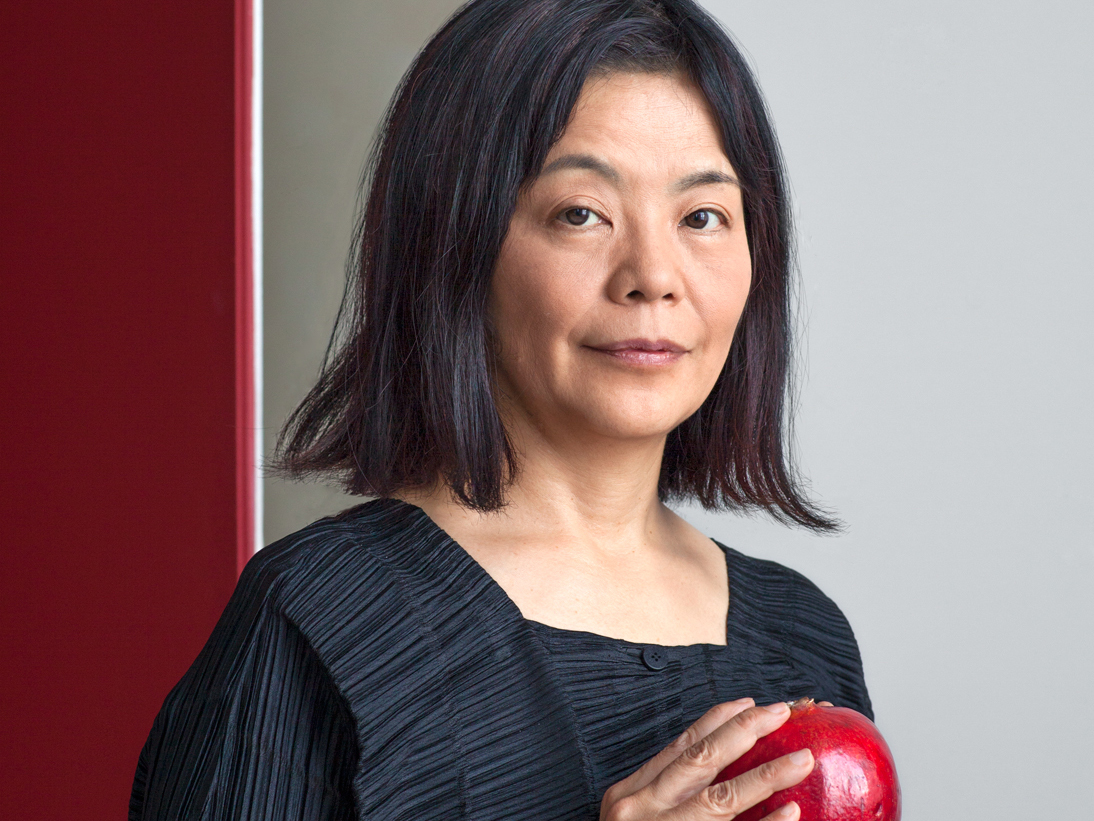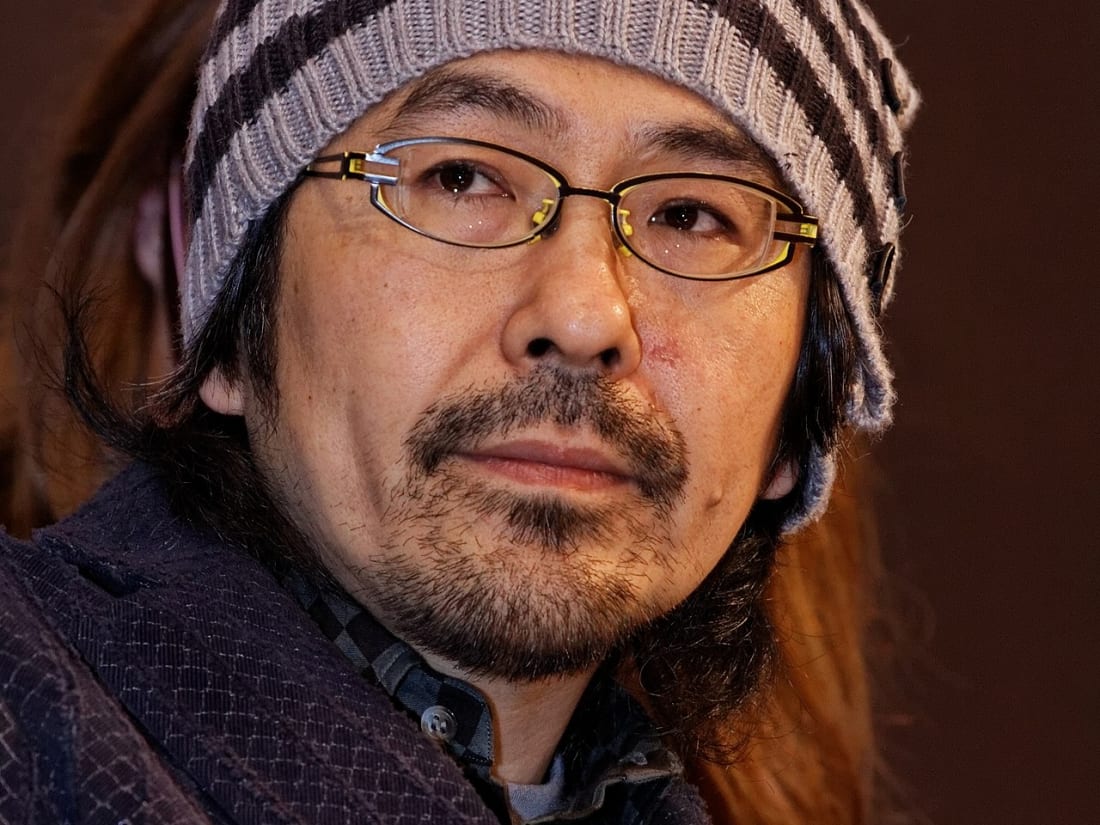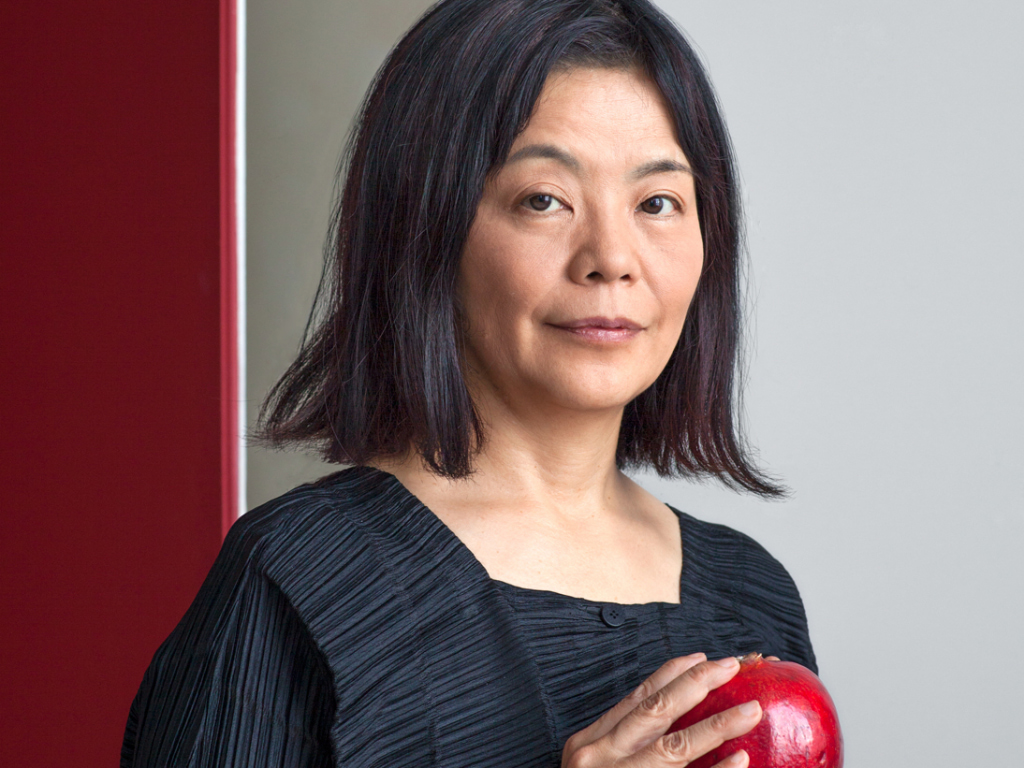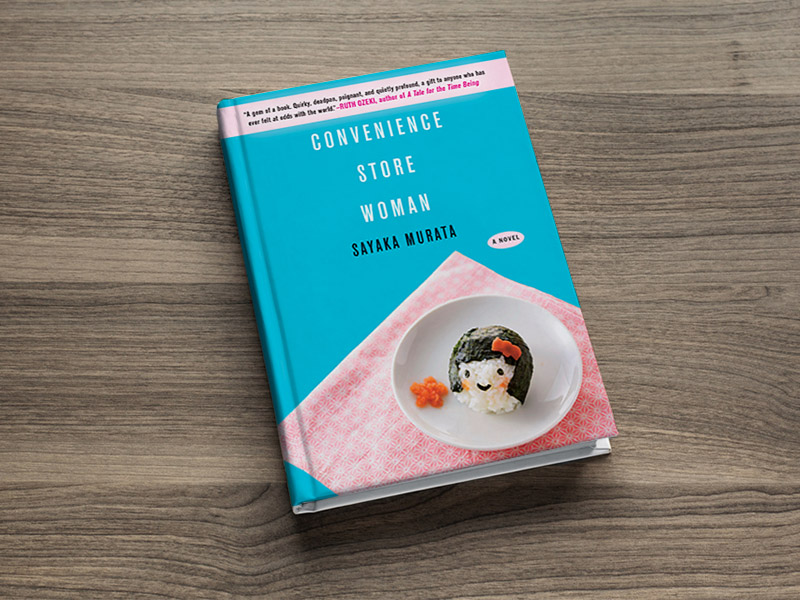The last few years have seen sales of Japanese translated fiction booming in the West. As a result, more of these talented writers are finally being translated for people to enjoy. Here are some of the contemporary Japanese writers people are talking about, and where you should start.

Photo credit: Nina Subin
Yoko Tawada
Author of the award-winning Memoirs of a Polar Bear (translated by Susan Bernofsky) tales told from three generations of polar bear, Tawada is an author that isn’t afraid of a high concept. Her recent novel, The Last Children of Tokyo (translated by Margaret Mitsutani) is a finalist for this years’ National Book Award in translated literature and describes a dystopian future Japan where the youth are born frail and old. Her excellent short story Time Differences has been recently translated by Jeffrey Angles as part of the Keshiki series by Strangers Press.
Tomoka Shibasaki
Born in Osaka, Shibasaki is known for her ability to capture situations with sharp, photograph-like accuracy. Spring Garden (translated by Polly Barton) was revered for capturing the isolation of city living. Taro, who is alienated from his family and lives alone, experiences symptoms of depression but doesn’t recognize them. He’s drawn in to an unusual relationship with a woman who lives upstairs. It’s a relatable novel that deals with the passing of time in a very human way.
Hiromi Kawakami
Kawakami has become one of the more famous Japanese contemporary writers in recent years. Kawakami’s characters have a way of getting under your skin and staying with you. Her descriptions and explorations in the wonderful slice-of-life novels Strange Weather in Tokyo and TheNakano Thrift Shop (both translated by Alison Markin Powell) will take you right in to the heart of backstreet Tokyo.
Sayaka Murata
Sayaka Murata has become popular quite suddenly with Ginny Tapley Takemori’s recent translation of her novel Convenience Store Woman – a beautifully written story about a woman who feels out of place in society, finding her equilibrium as part of the “konbini machine.” Murata likes to observe human relationships and is particularly interested in characters who don’t follow the relationship paradigm in the traditional sense. Her short story A Clean Marriage, also translated by Takemori, featured in the recent Granta literary journal and describes a married couple who happily live an asexual lifestyle.
Toshiki Okada
Playwright, theatre director, and winner of the Kenzaburo Oe Prize, Okada plays with streams of consciousness and heightened realities and presents us an unsettlingly frank voice in contemporary Japanese fiction. One of the stories focuses entirely from the anxieties and memories of a women lying in bed in her damp apartment. The End of the Moment We Had (translated by Samuel Malissa) is a multi-layered collection of stories that describe the highs and lows of life, wherever they can be found.
“Her novels focus on feelings of isolation, the dark youthful underbelly of Japan, and the unique relationships that form there.”
Risa Wataya
The youngest ever winner of the Akutagawa prize for her novel I Want to Kick You in the Back (translated by Julianne Neville), Wataya was born in Kyoto and debuted as a novelist at the age of 17. Her novels focus on feelings of isolation, the dark youthful underbelly of Japan, and the unique relationships that form there.
Mieko Kawakami
Mieko Kawakami, a singer, blogger, and writer from Osaka, published her first book in 2007. Since then she’s won a whole list of awards and is a personal favorite of Japan’s most esteemed novelist Haruki Murakami. Very few of her novels have been translated in to English, unfortunately, but a great place to start is Miss Ice-Cream Sandwich (translated by Louise Heal Kawai). The novella tells the story of a lonely boy who becomes obsessed with the woman who works at the local sandwich shop.
Yukiko Motoya
Motoya is an author to keep an eye out for this year. Winner of several awards, her short story collection The Lonesome Bodybuilder (translated by Asa Yoneda) is due for release in November 2018. The collection features Kafkaesque, surreal, short stories that turn the ordinary on its head and play on the oddities of life in contemporary Japan.

Photo credit: Wikipedia/Creative Commons
Hideo Furukawa
Furukawa is author of the critically acclaimed novella Slow Boat (translated by David Boyd), a retelling of Murakami’s short story A Slow Boat to China. Not afraid to experiment with his stories, Furukawa has been tipped to be the next Nobel laureate. Slow Boat is an existential crisis of a novel, following a man who recalls his past, with each of the three loves he describes representing a failed attempt to leave Tokyo physically or metaphorically.
Toshiyuki Horie
Born in Gifu prefecture, Horie is an author, translator, and teacher of French literature. The Bear and the Paving Stone (translated by Geraint Howells) – his most recent translation in to English – is a collection of stories that deal with the past, religious identity, and a haunting world of memories and dreams. Reminiscent of reading classic Western literature akin to Fitzgerald, this is a remarkable set of stories.










